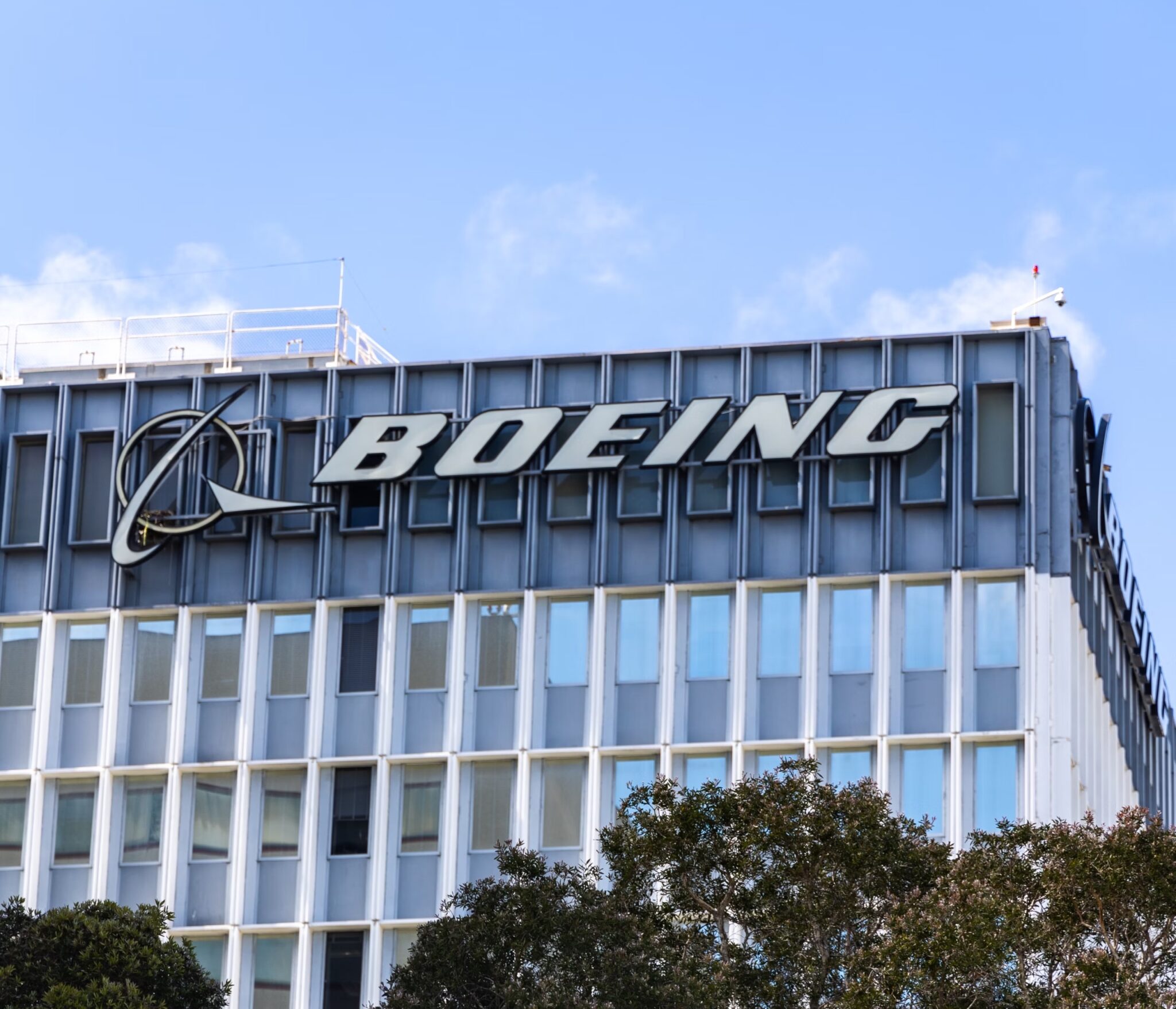
John Fry is a student at Harvard Law School.
In today’s news and commentary, a new tentative agreement is announced at Boeing; the FTC abandons one labor initiative but revives another; and Starbucks stores continue to unionize amid national bargaining talks.
Boeing and its workers’ union have reached a new tentative agreement to end the five-week strike at the company. The deal would give workers a 35% raise over four years. The union has been demanding a 40% increase, and the company’s previous highest offer was 30%. The tentative agreement does not reinstate pensions at Boeing, but it would increase the company’s contributions to employees’ retirement accounts. The union’s members will vote to either ratify or reject the deal on Wednesday. Workers rejected an earlier tentative agreement in mid-September, leading to the current strike. Labor Secretary Julie Su helped broker the newly announced compromise.
The Federal Trade Commission has abandoned its effort to require new labor-related disclosures from merging companies. While the agency has scrutinized the labor impacts of mergers and acquisitions more closely under the leadership of Chair Lina Khan, the new requirements were dropped from a recently promulgated rule as part of a bipartisan compromise among the FTC’s five commissioners. However, the agency did announce last week that it will attempt to revive its ban on most noncompete agreements. A Texas court issued a universal injunction against the ban in August, and the agency filed its appeal on Friday.
Starbucks workers continue to unionize with Starbucks Workers United, as the union and the company attempt to make progress on the issues facing the workforce. Over 500 Starbucks stores have now unionized, including one in Oklahoma where workers chose the union by a 12-1 margin on Thursday. Relations between Starbucks and the union warmed significantly when the parties announced a new framework for collective bargaining in February, as Jacqueline covered, and 150 bargaining delegates from unionized stores recently attended a joint bargaining session with the company in Atlanta. One priority issue is understaffing, with workers decrying “skeleton” staffing at stores and new Starbucks CEO Brian Niccol promising to address the problem.






Daily News & Commentary
Start your day with our roundup of the latest labor developments. See all
January 22
Hyundai’s labor union warns against the introduction of humanoid robots; Oregon and California trades unions take different paths to advocate for union jobs.
January 20
In today’s news and commentary, SEIU advocates for a wealth tax, the DOL gets a budget increase, and the NLRB struggles with its workforce. The SEIU United Healthcare Workers West is advancing a California ballot initiative to impose a one-time 5% tax on personal wealth above $1 billion, aiming to raise funds for the state’s […]
January 19
Department of Education pauses wage garnishment; Valero Energy announces layoffs; Labor Department wins back wages for healthcare workers.
January 18
Met Museum workers unionize; a new report reveals a $0.76 average tip for gig workers in NYC; and U.S. workers receive the smallest share of capital since 1947.
January 16
The NLRB publishes its first decision since regaining a quorum; Minneapolis labor unions call for a general strike in response to the ICE killing of Renee Good; federal workers rally in DC to show support for the Protecting America’s Workforce Act.
January 15
New investigation into the Secretary of Labor; New Jersey bill to protect child content creators; NIOSH reinstates hundreds of employees.